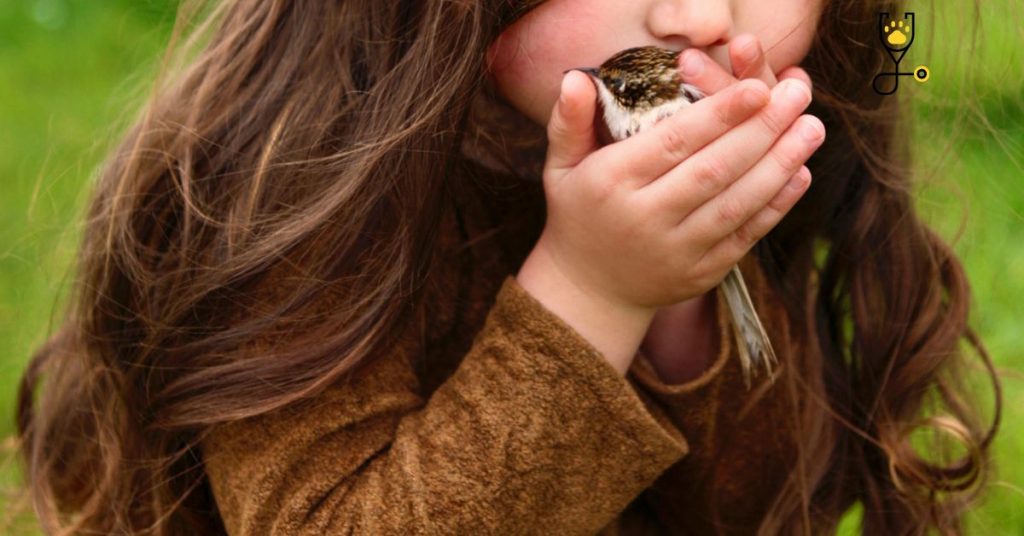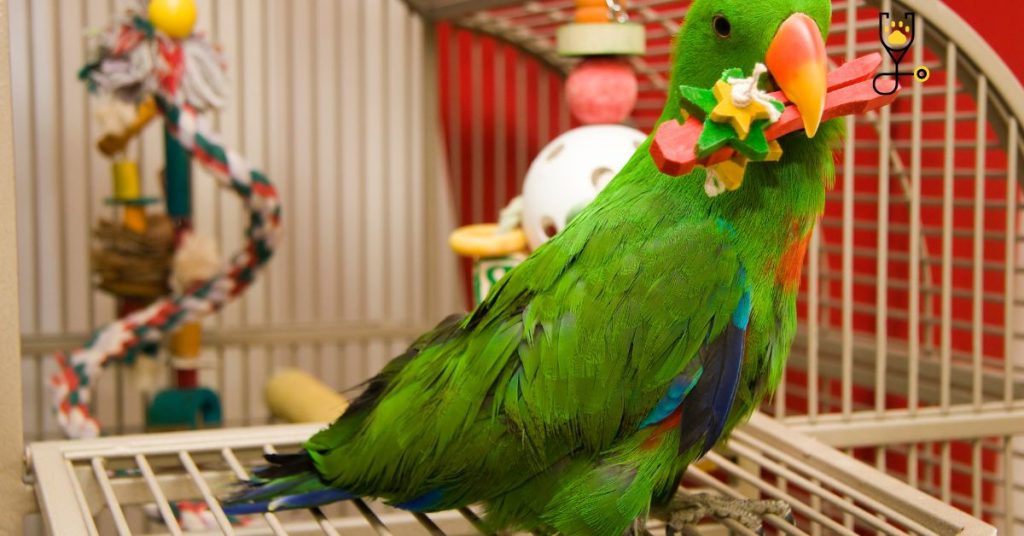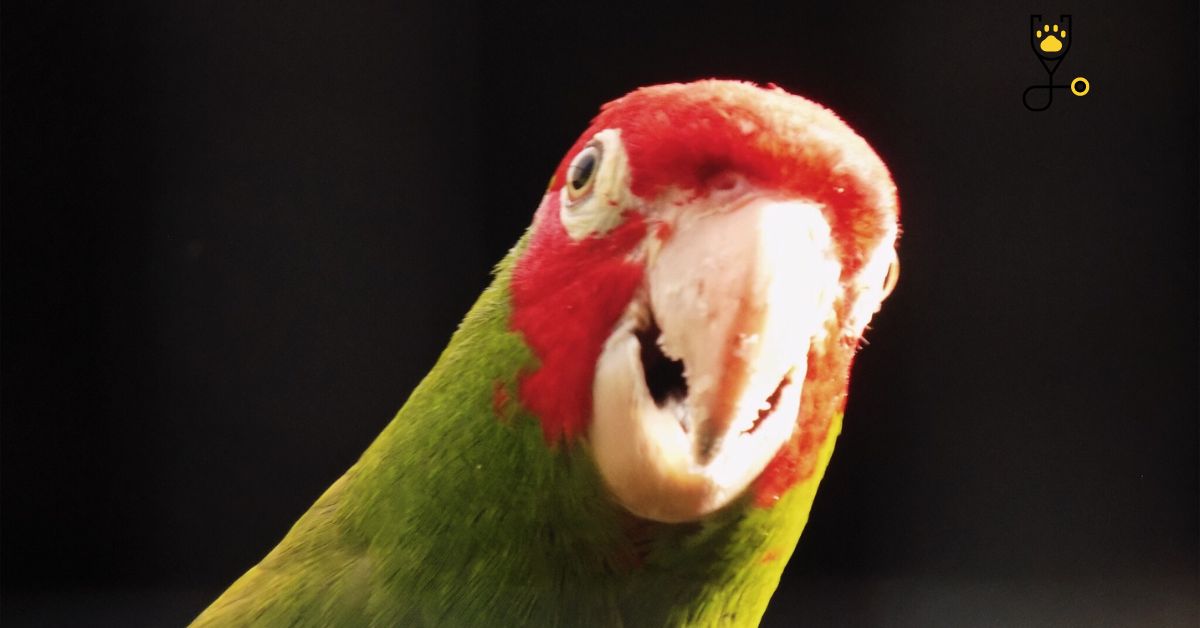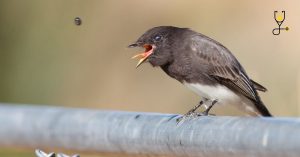If you’ve brought home a pet bird, chances are you already have some dreams of hearing it chirp a few phrases. While birds may not talk as clearly as our furry friends, teaching your feathered friend to vocalize can be incredibly rewarding and make them an even more enjoyable companion. With the right guidance and time dedicated to training, your bird can learn up to a hundred words! Teaching your pet bird to talk may seem like an intimidating challenge but with patience and persistence, anyone can do it. Read on for 7 simple tips that will set you both on the path toward effective communication!
Why teach your bird to talk?
Not only can teaching a pet bird to speak be incredibly rewarding, but it can also help improve their social and emotional well-being. Just like humans, birds are highly intelligent beings who gain great fulfillment from mastering new skills. By building a relationship through vocalization, you’ll both get the opportunity to further bond with one another and enjoy each other’s company even more!
Learn More: 12 Amazing Tricks You Can Teach Your Pet Bird
Let’s get started
1. Pick the right bird
Not all birds have the same talent for speaking, so it’s important to consider breeds that are known for their vocalizations like African Greys, Amazons, and Cockatiels.
2. Spend time with your bird
The key to teaching a pet bird to talk is repetition. Talk to them regularly throughout the day and try using some of the same words over and over again in different situations as you go about your daily activities.

3. Introduce new words slowly
Start off by introducing one word at a time and then gradually add more when your feathered friend feels comfortable repeating what they hear. Words like “hello”, “goodbye”, and “I love you” are all great places to start.
4. Use positive reinforcement
When your pet bird repeats a word, be sure to reward them with a treat or a favorite toy. This will reinforce the behavior and help them learn even more quicker!
5. Be consistent
Birds are very smart and can easily pick up on changes in their environment. Stick to the same routine daily so your pet bird knows what to expect from you.
6. Allow the birds time to process
After introducing new words, give your feathered companion some time to think about it before expecting any vocalization from them.

7. Don’t get frustrated
Teaching a pet bird takes time and patience so don’t get discouraged if you don’t hear results right away. Have fun and enjoy this process with your feathered friend! With the right guidance and dedication, you can both look forward to a future of meaningful conversations.

8. Seek professional help
If you’re having any trouble teaching your pet bird to talk, consider seeking guidance from a certified avian behaviorist. They can help you assess the situation and provide personalized advice to get you both on track. Happy talking!
Conclusion
Teaching a pet bird to talk can be incredibly rewarding for both you and your feathered companion. With the right guidance, repetition, and consistency, your pet bird can learn up to one hundred words! Don’t forget it also requires patience and practice so stay positive when training your pet bird, have fun with it and enjoy the process! With dedication and some time dedicated to training, soon enough you’ll be enjoying the chirping conversations that come from teaching your feathered friend how to speak. Good luck! Good luck with teaching your feathered friend how to speak – we know you’ll both love learning this new skill together! With dedication, consistency, and lots of patience – anything is possible. So go ahead and give it a try – you’ll be amazed at what your bird can do! Happy training!
Also read: 10 Tips to Train Your Bird to Dance
Frequently Asked Questions
Q: How long does it take to teach a pet bird to talk?
A: Teaching a pet bird to talk can take anywhere from several weeks to several months, depending on the bird’s intelligence and training consistency. The key is repetition and consistency!
Q: Can all birds learn to talk?
A: Not all birds have the same vocal capability so some may be better at speaking than others. Parrots are particularly adept at learning words and mimicry, with some breeds being more talented than others. African Greys, Amazons, and Cockatiels are known for their superior vocal ability.
Q: What should I do if my bird won’t talk?
A: If your bird isn’t vocalizing, it could be a sign of stress or boredom. Make sure you’re spending time with your pet and providing stimulating activities to keep them engaged and happy. If the problem persists, consult with a veterinarian to make sure there are no underlying health issues that need to be addressed.
Q: How can I encourage my bird to talk more?
A: The best way to encourage your bird’s talking is through repetition. Talk regularly throughout the day using some of the same words over and over again in different situations. Introduce new words slowly, reward them with treats for repeating what they hear, and always be consistent in your approach – this will help reinforce their learning!
Q: Is there a specific age when birds learn to talk?
A: Generally, the younger the bird, the easier it is for them to learn new words. However, older birds can still pick up on basic commands and phrases with the right guidance and patience! So no matter the age of your pet bird, you can start teaching them how to vocalize today! Good luck!Happy Training!
Teaching a pet bird to speak can be incredibly rewarding for both you and your feathered companion. With dedication, repetition, and consistency – anything is possible. So go ahead and give it a try – you’ll be amazed at what your bird can do! Good luck with training your pet bird – we know you will both love this journey together!








